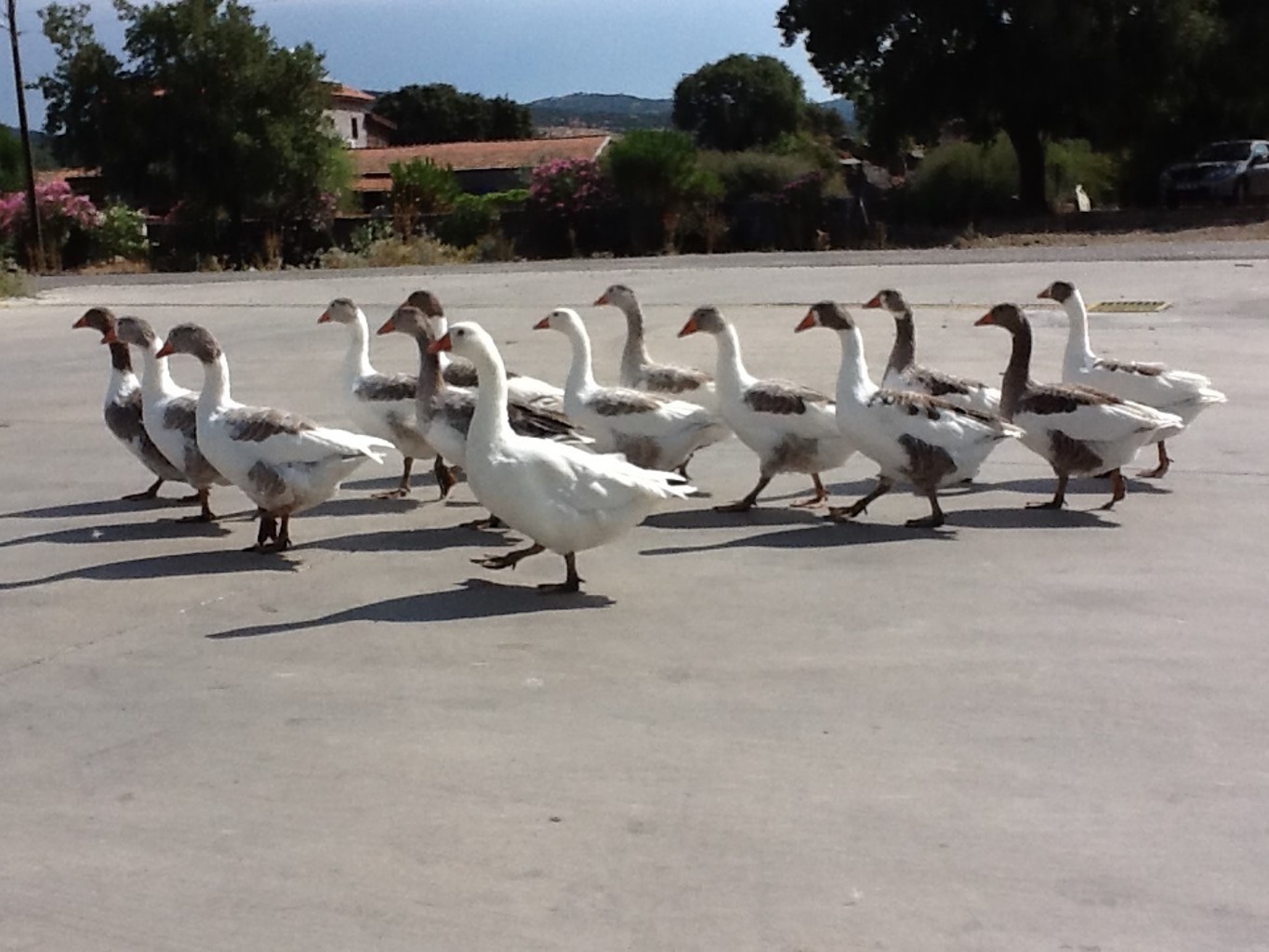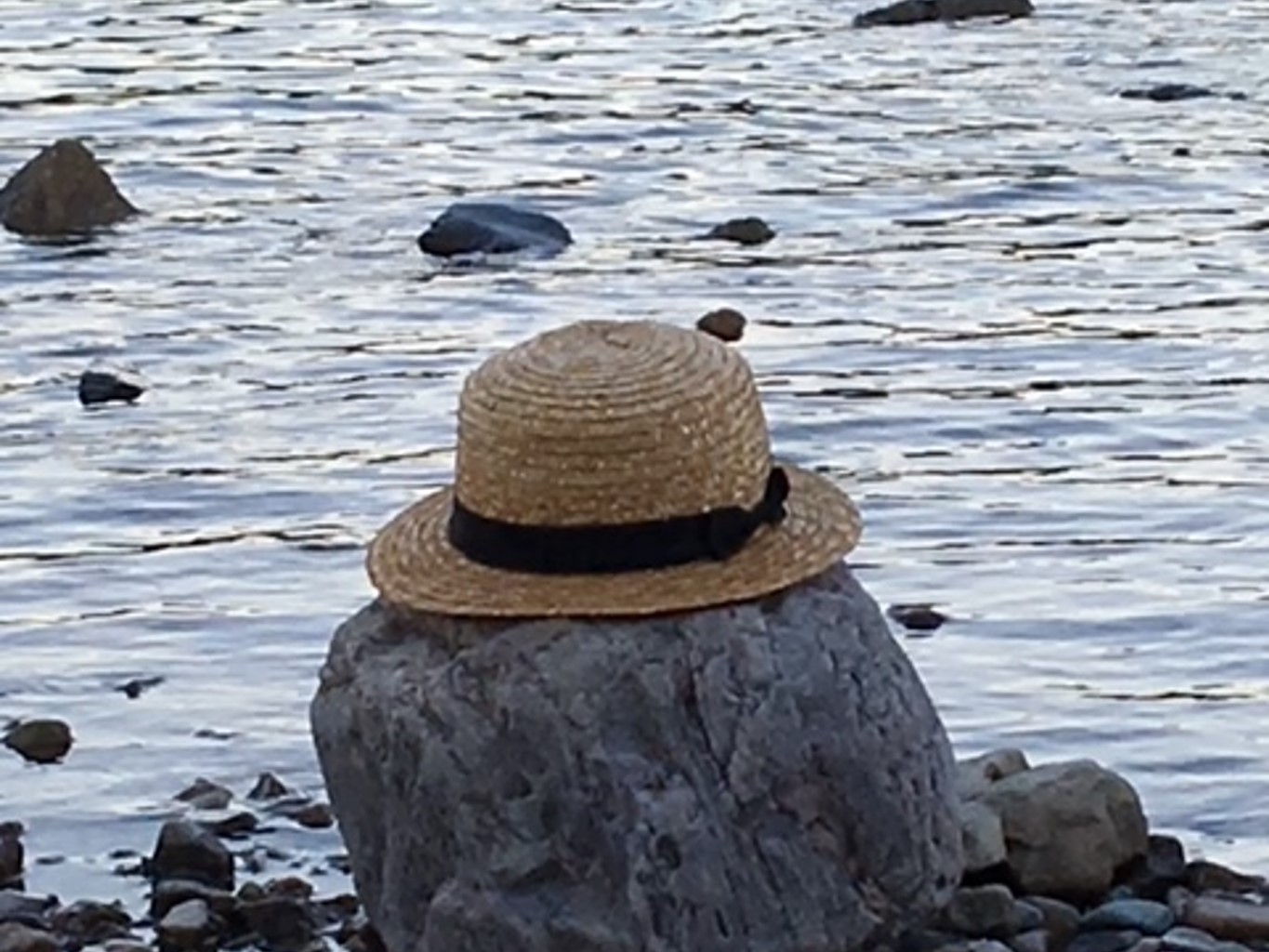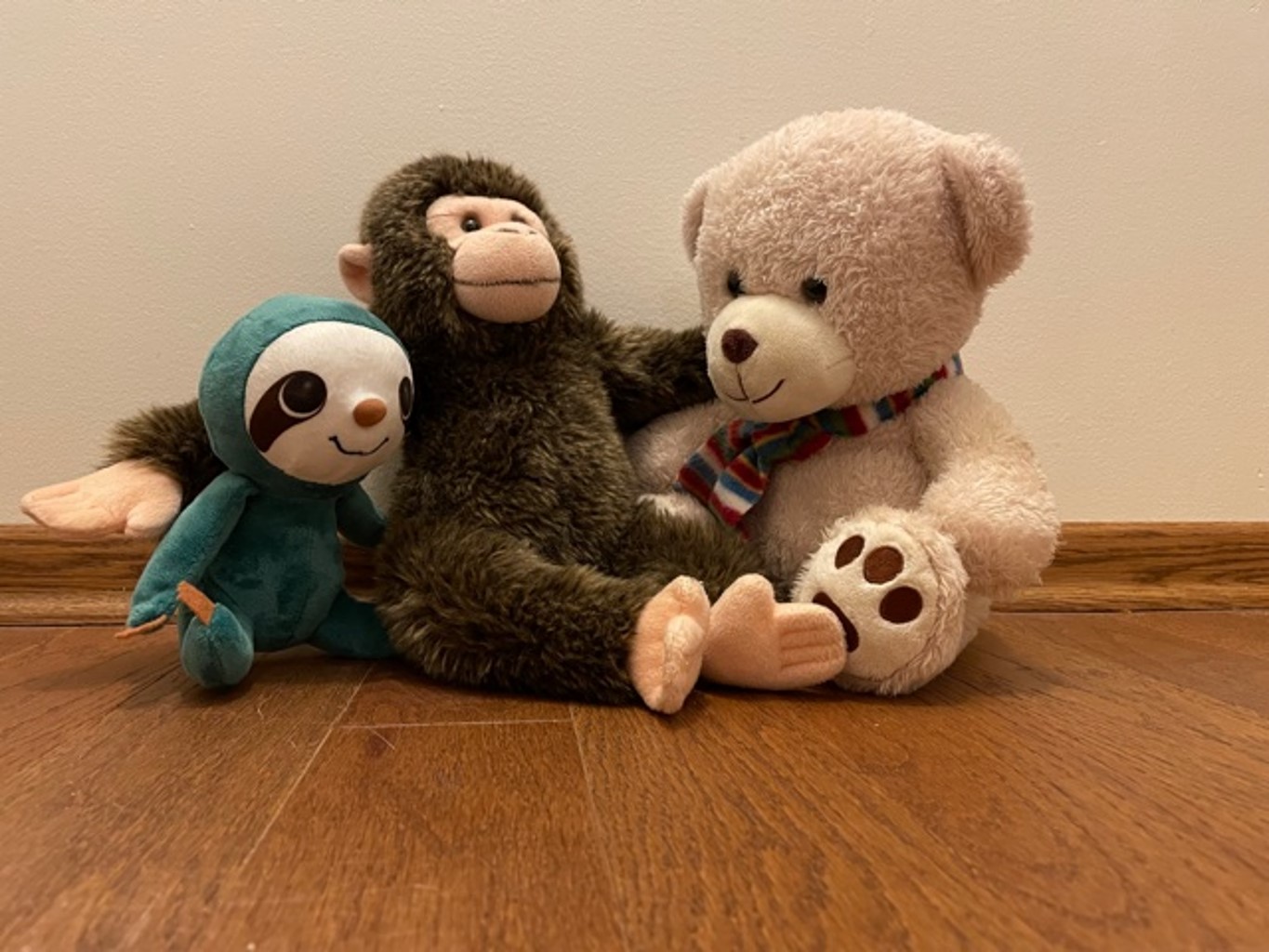Ironically, this is a question that is hotly debated by philosophers! This is not because they don’t really know what they’re doing, but rather because of how all-encompassing and foundational philosophy is. Better to look at what it is that philosophers actually do!
Philosophers wonder about non-obvious things, like:
and perhaps more importantly:
Questions of the first sort are often described as falling under ‘metaphysics’ (the philosophical study of what there is and what they’re like) and ‘ethics’ (the philosophical study of morality). Questions of the second sort are often describe as falling under ‘epistemology’ (the philosophical study of knowledge), ‘logic’ (the study of reasoning), and ‘axiology’ (the philosophical study of value).
To get a better sense of the vast scope of philosophy, and its contemporary relevance, check out some of these sites:
Philosophers wonder about non-obvious things, like:
• Are we free?
• Is there a god?
• Can machines think?
• Is beauty really in the eye of the beholder?
• How should I live my life?
• How should other people live their lives?
and perhaps more importantly:
• How can I try to answer these sorts of questions?
• When can I be confident in my answers to them?
• Why should I bother trying?
Questions of the first sort are often described as falling under ‘metaphysics’ (the philosophical study of what there is and what they’re like) and ‘ethics’ (the philosophical study of morality). Questions of the second sort are often describe as falling under ‘epistemology’ (the philosophical study of knowledge), ‘logic’ (the study of reasoning), and ‘axiology’ (the philosophical study of value).
To get a better sense of the vast scope of philosophy, and its contemporary relevance, check out some of these sites:
Most people have wondered about such things at least sometimes in their lives. Sometimes our uncertainty about them can be exhilarating, driving us to find solutions. Other times it can be worrying and create anxiety—trying to answer them can become a personal imperative. Having the wonder without the skills to go beyond is a problem for which studying philosophy is the solution.
Moreover, the answers to such questions matter. Whether we are free makes a difference to whether we should try to make the world a better place. Whether there is a god makes a difference to the kinds of meaning our lives may have. How we should live our lives makes a difference to which political parties we should vote for. Knowing what makes confidence in a belief justified makes a difference in when to trust the media, government officials, and even scientists.
These skills are perfectly general ones. Being able to better answer philosophical questions directly translates into being able to better answer any question that comes up in your life, in your work, and in your relations with others.
Philosophy sometimes has a reputation for being impractical. To those who have studied it, however, the opposite is true—it is perhaps the most practical subject of all! The two main skills that philosophy develops are the ability to read and understand very complex and complicated material, and to express and defend your ideas in extended written form. These are precisely the skills that successful people, in all walks of life and work, have developed and demonstrated.
Don’t believe us? Take a look at some of these:
Moreover, the answers to such questions matter. Whether we are free makes a difference to whether we should try to make the world a better place. Whether there is a god makes a difference to the kinds of meaning our lives may have. How we should live our lives makes a difference to which political parties we should vote for. Knowing what makes confidence in a belief justified makes a difference in when to trust the media, government officials, and even scientists.
These skills are perfectly general ones. Being able to better answer philosophical questions directly translates into being able to better answer any question that comes up in your life, in your work, and in your relations with others.
Philosophy sometimes has a reputation for being impractical. To those who have studied it, however, the opposite is true—it is perhaps the most practical subject of all! The two main skills that philosophy develops are the ability to read and understand very complex and complicated material, and to express and defend your ideas in extended written form. These are precisely the skills that successful people, in all walks of life and work, have developed and demonstrated.
Don’t believe us? Take a look at some of these:
Start off with a course. All PHIL courses count towards completing your General Education requirements, and so you have nothing to lose.
PHIL 1101—Philosophy: Knowledge & Existence, PHIL 1130—Philosophy: Sex & Love, and PHIL 1149—Philosophy: Values & Ethics are our ‘introduction to philosophy’ courses. In each, you will be exposed to some of the main philosophical views and their problems, be invited to engage in philosophical thinking, and begin to understand and use philosophy’s special vocabulary. Each provides a great springboard to our more senior philosophy offerings.
PHIL 1101—Philosophy: Knowledge & Existence, PHIL 1130—Philosophy: Sex & Love, and PHIL 1149—Philosophy: Values & Ethics are our ‘introduction to philosophy’ courses. In each, you will be exposed to some of the main philosophical views and their problems, be invited to engage in philosophical thinking, and begin to understand and use philosophy’s special vocabulary. Each provides a great springboard to our more senior philosophy offerings.













